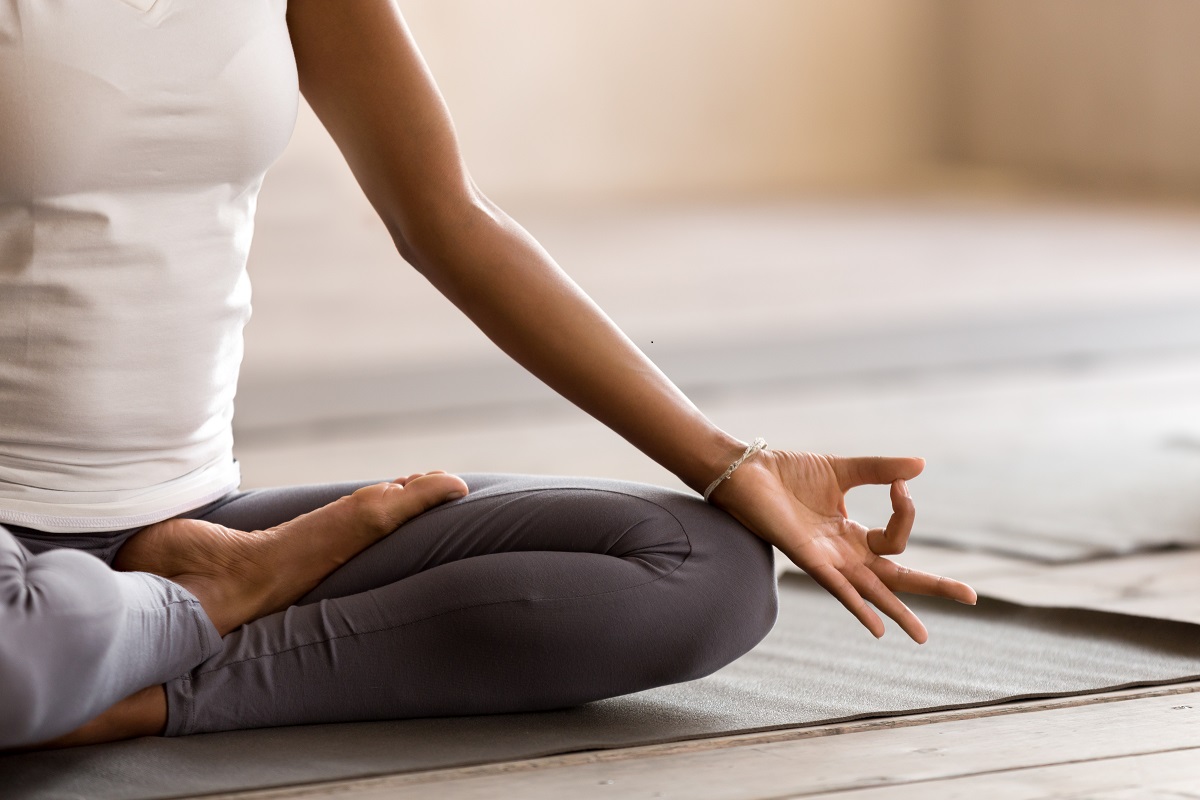
The ideas of fulfilment occupy much of all our lives. But, what is it really? And, how do we attain it? Gugulethu Mhlungu finds out.
One of the biggest questions we ask ourselves is: ‘What is happiness?’ It is one of the things that many of us spend so much time pursuing. Clinical psychologist Khosi Jiyane quotes existentialist, psychologist and author of Man’s Search for Meaning Viktor Frankl, saying the last thing the human mind has tolerance for is meaninglessness. This is why we are always pondering happiness and fulfilment because we are always searching for the meaning of life. She says happiness and fulfilment are related, but are different. “Happiness is exuberance, elation, and mostly about pleasure. You know it’s happiness when you say: ‘I am happy because…’ And, since happiness depends on something else, it is often transient.” Furthermore, while it is superficial, it is still important. “On the other hand, fulfilment is the ultimate state because it is about overall well-being and contentment. When fulfilled, we say” ‘I am fulfilled even when I do not have the things that make me happy.’ Happiness is the waves, and contentment and fulfilment is the ocean underneath,” Khosi adds.
SEE ALSO: How to be a good friend to yourself
The Buddhist way
The Buddhist teachings about happiness go completely against the ideas of happiness we grow up being taught, which often say you will be happy when you are or do something different. Gen Kelsang (teacher and the fortunate one in Tibetan) Mila, a teacher at Vajrapani Kadampa Buddhist Centre in Johannesburg and Buddhist nun for over nine years, started her journey of finding fulfilment after a tragedy. “My husband died when I was 23. I was then searching for meaning while trying to make sense of what had happened. I also used to be a professional swimmer with a world record, but it didn’t make me happy,” she says. Her journey with Buddhism led her to learning that happiness arises from peace of mind, which arises through meditation. Meditation is important for creating temporary inner peace, which helps us to become creative. It also helps us find what we need to be fulfilled. Mila discovered that helping people fulfilled her, and says being of service is true for many of us, but after we have helped ourselves. “The way to feel fulfilment is to help others in whatever that means for you. You can be a big private company CEO and help others, a nurse or run an NGO to help others because all our karma is different,” she suggests. You may find that what makes you happy and fulfilled is different, and that is okay. Those things are also allowed to change throughout the course of your life.
Where to begin
Khosi wishes that we had started asking questions about fulfilment and happiness earlier in our lives. “We are taught to not have enquiring minds; to be passive. This means we don’t ask the necessary questions about our lives sooner. Buddha once said: ‘I am awake!’ This meant that he was awake to the questions we should be asking. Does this make me happy? Does this make me fulfilled? And if not, what does?” Mila says Buddhism taught her how to separate herself from the things she was feeling, and see her real self, which is important for fulfilment. “Buddhism provided me with practical tools on how to deal with my grief. I was able to learn, very gently, that while I was in pain, I am not my pain. You are not your anxiety, anger, hurt and illness.” She recommends meditation and reading to finding the things that bring you happiness, and more importantly, contentment. As I’ve grown older, I have become more open to my happiness and contentment changing as and when they need to. This has helped me to let go of the things that no longer serve me. I am more patient with the journey of finding happiness because this is lifelong, but exciting work.




